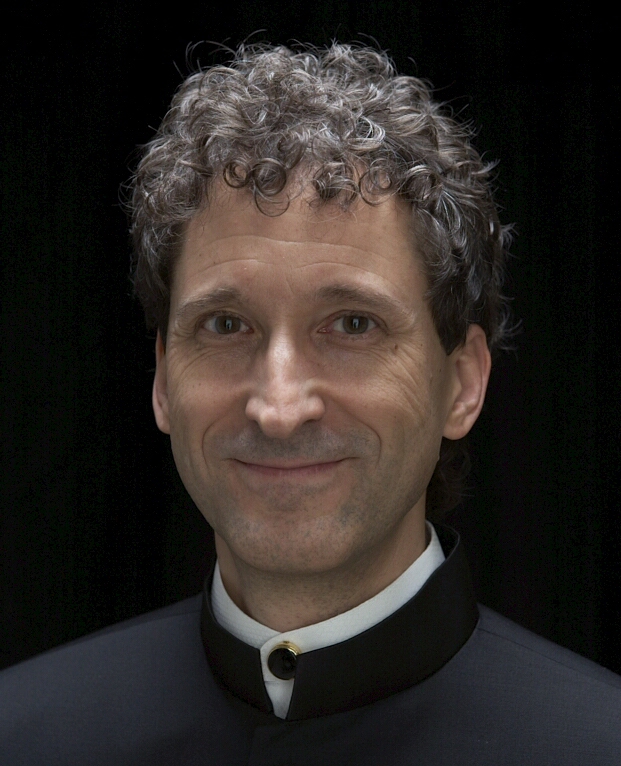We are grateful for the continued support by our patrons and donors
Support the Symphony
As you all now know, our 35th Anniversary season is titled “The Universal Language.” We are hoping our performances throughout this season speak to how music can connect people across different backgrounds and experiences. Within the same vein, our second Masterworks installment is titled “Native Voices.” It is comprised of pieces by composers whose work speaks to their roots, heritages, and homelands. It’s important to acknowledge how music connects us all but also respect how we as people use music to share our own individual perspectives, cultures, and histories.
I’ve been spending time with the idea that music means something different to each person. This is, perhaps, an obvious notion that we all consider to be true about most things, not just music, but it can be contemplated on a deeper level. Music means something different to all of us because we, as people, create the music we listen to, and we, as people, are all different. We often think of “music” as a concept: it is a compilation of sounds we listen to when we feel sad, happy, mad, or don’t know what to feel at all. I want to take a moment to think of music not on the level of a figurative concept, but rather as a literal, living, collective body made up of the individual people who create it.
We are connected by many things. Music is just one of them. It is because people have been called to use music as a form of expression that we are then granted the opportunity to receive, experience, and understand a different perspective from our own. What a beautiful thing to be connected by: these forms of expression that may be and sound totally different from one another, but allow us the same outlet to create, emote, feel, and be.
Our guest conductor for Native Voices, Dr. David Rudge, shared with me some of his personal thoughts on how music connects us to one another:
As a conductor who has traveled all over the world, how have you found that classical music can act as a binding agent across cultures, backgrounds, countries, etc.?
Music, especially when made in large groups can definitely be a bonding experience. It’s great to see more diversity in the personnel and repertoire of US orchestras, but this was even more apparent when I was a guest conductor in Syria. That orchestra was comprised of Syrians, Armenians and Russians; of Christians, Muslims and Jews. Holy days being Friday, Saturday and Sunday, there were challenges with scheduling weekend rehearsals, but in the end, our mutual love and dedication to Western classical orchestra music brought us all together. In addition, as Cultural Ambassador of the State Department, I programmed all American music, most of which had never been played there, and they loved it. And on my last night there the orchestra threw a big party for me, which ended with folk dancing in a circle, the musicians being led by the young principal clarinetist, who is now part of Yo-Yo Ma’s Silkroad Ensemble. This is just one example of how music can bring us all together.
Do you feel that conducting is a form of expression for you personally? How did you find yourself being drawn to this profession in particular?
I feel that my job is to express what the composer wanted when writing the piece. This takes a lot of study and humility to arrive at an understand of what thinks the composer’s intentions were. That said, being human, we all convey our own personality and feelings when making music.
I’ve always been drawn to conducting for reasons I cannot explain. When in school my chamber music coaches commented that I had a talent for bringing a group together. However, my favorite version of this trait came from what kindergarten teacher told my mother. “This boy will either be a leader or a comedian.” I’m still working on the comedian part. . .
What does music, classical or otherwise, mean to you?
Music of all kinds is a vehicle for self-expression and deep communication. Classical music can do this in a profound way, but there as many kinds of musical expression as there are people. For instance, one of my interests for many years has been the medium of free improvisation. This art form, which has almost died out in the classical world is not only alive in jazz, but in most other cultures around the world. I’ve been teaching this for years, and it’s been amazing to watch people become more expressive when placed in an environment of non-judgement and acceptance.
We hope to see you this afternoon at our Native Voices performance. Sunday, November 6th at 4:00PM (don’t forget: we “fell back” an hour this weekend!) at the MBHS Music & Arts Center.